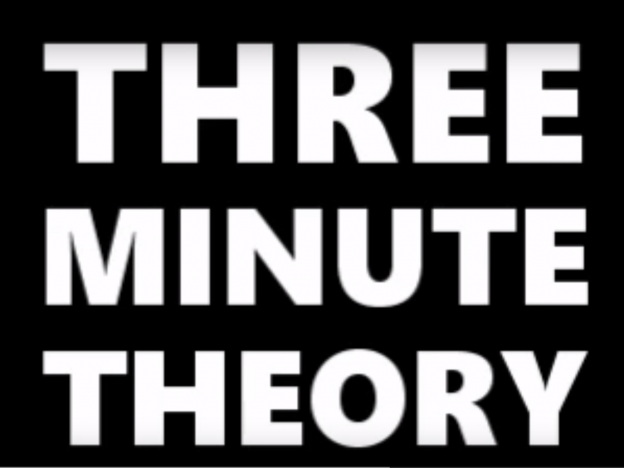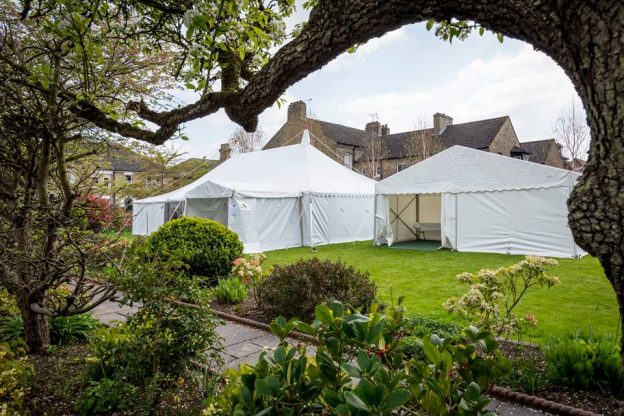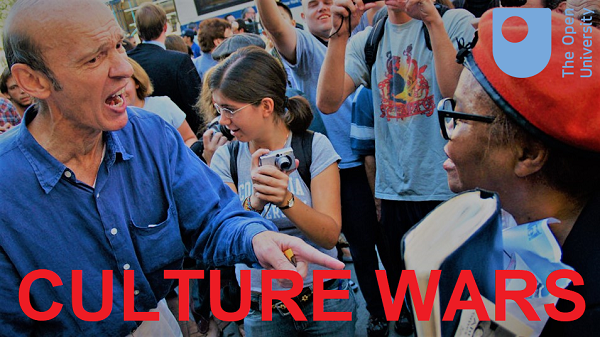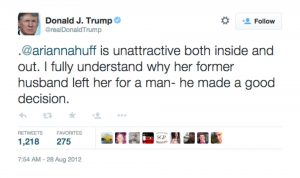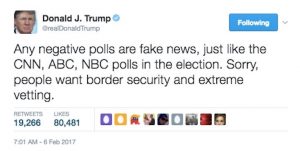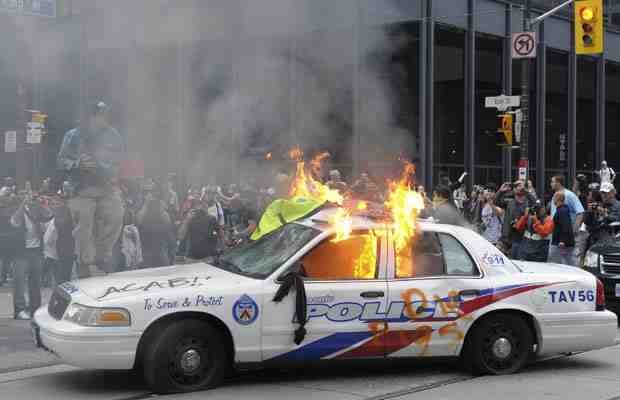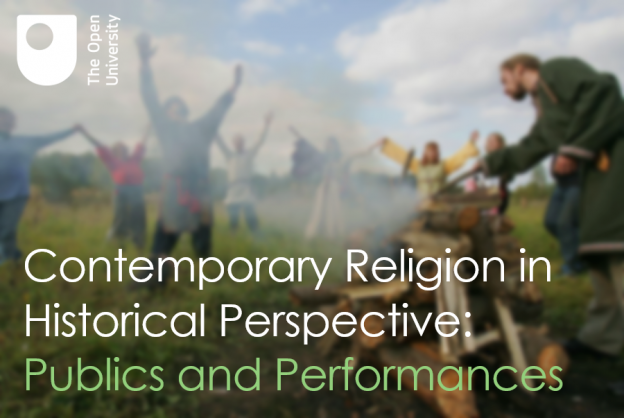By David G. Robertson
If you are in the UK, you almost certainly saw the fuss around a story carried by The Times on Aug 28th under the banner “Christian Child forced into Muslim foster care”. The scandal ostensibly revolved around the fact that the foster mother wears a burka, which the Times suggests “generally indicates adherence to a conservative, Salafi-influenced interpretation of Islam that is often contemptuous of liberal Western values”. The use of the term “contemptuous” is clearly loaded, implying an irrational hatred of Western morality rather than simply a disagreement, and there is nothing in that that will be surprising or less than obvious to anyone following the discourse on religion in the popular media.
There are a few interesting points when we dig into the story, however, which I think are illuminating in how such hysterical stories come to appear in the press (and I am drawing here from Richard Bartholomew’s excellent blog post on the stories). Firstly, the Times report seems to have been intended primarily as a follow-up to the recent Tower Hamlets fire and the ongoing concern over the callous treatment of the residents by the local council both before and after. It mentions “the scandal-ridden borough of Tower Hamlets” several times, but had no concern about the girl’s previous Muslim foster parents prior to the fire. The article was also written by the journalist who broke the story of “grooming gangs” in Rotherham, so perhaps that further encouraged the sensationalistic tone.
However, the story began to receive wider attention when the Mail Online picked it up and added a stock photograph of a child not in obviously “Muslim” dress holding hands with a Muslim woman in a headdress onto which they had clumsily photoshopped a veil, as reported by the Guardian. It further emerged that the appointment of the foster carers had nothing to do with Tower Hamlets council, that the court-appointed guardian had absolutely no concerns about the child’s welfare, and that the child had always been intended to eventually reside with their grandmother once a risk assessment had been carried out. Things then took a bizarre twist when it emerged that the grandmother in question was, in fact… Muslim.
So we have a perfect storm of more-or-less explicit xenophobia, editorial ineptitude and conspiratorial implications about both corrupt local politicians and organised anti-liberal Islamic invaders. This guaranteed click-bait then gets further traction when the left-wing press picks it up in order to criticise the right-wing press, not without justification in this instance. Thus a viral story is born.
But I think this story also reveals a couple of interesting implications about how religion is dealt with in the media, beyond the obvious Islamophobia. First, notice that the child’s Christian status is uncontested and unproblematic. It is as though the child’s Christianity is an essential and permanent essence, whereas Islam is being imposed (“forced”, even) from without. While the implication is that the child is vulnerable and therefore should be protected from having ideologies forced upon them, this doesn’t seem to be a concern with Christianity. Can one be brainwashed into Christianity? If the child is too young to choose to become a Muslim or not, does that not suggest that it is also too young to choose to become a Christian or not?
No; and the reason why is a good example, I suggest, of the difference between ideology and hegemony: when an ideology is invisible, it is a hegemony. We are happy to describe Muslim dress codes as being for cultural or religious reasons, but we do not often describe our own dress codes in the same way – including many codes determined by gender and status like skirt-wearing, cosmetics, business attire, and so on. These are just what people do. Like fish, we do not see the water in which we are swimming.
For scholars of New Religions, the language used in these reports will be strikingly similar to the way that “cults” were talked about from the end of World War 2 until the 1990s. As I wrote about in a previous blog, children were often at the centre of the Cult Wars, and the rhetoric (often from the very same individuals) of the anti-cult movement continues straight into the Satanic Ritual Abuse scare of the 1990s and into the present with Pizzagate. The desire to protect children from harm is laudable, and indeed seems to have been the aim of all the officials involved here, but these reports seem more concerned with protecting children from difference. If we wish a more progressive society, it is as important to protect from dangerous hegemonies as from dangerous ideologies. So long as they remain invisible, however, the former is far harder to do.

